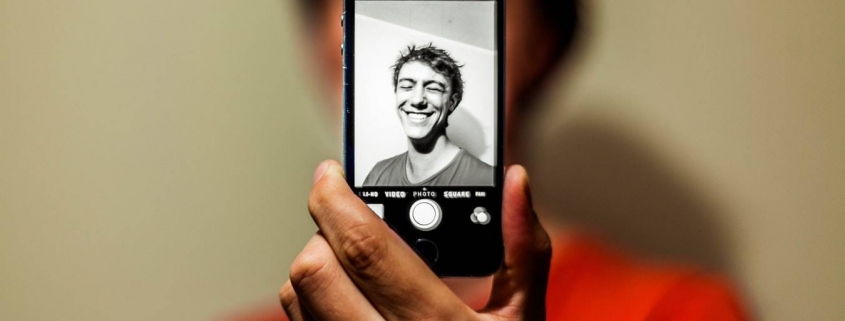FaceApp’s digital aging technology has captivated the nation, but is it all a secret Russian plot to steal your data?
FaceApp uses artificial intelligence to alter photos you upload to the app, enabling you to swap genders, age yourself, or – bafflingly – turn yourself into a hitman (it just makes you bald). Peaking in popularity this week, questions have been raised about what the Russian-owned app is actually doing with the photos uploaded.
FaceApp’s terms of service are incredibly broad. Its permissions explicitly claim a right to a “perpetual, irrevocable, nonexclusive, royalty-free, worldwide, fully-paid” license once users upload their photos to the app. Adding to the public anxiety, FaceApp is based in St. Petersburg — and Russia is a country many folks automatically associate with US election interference.
This effectively means that any photos you upload to the app could be used publicly by FaceApp, both in original and modified forms. You also give the app permission to use your name and username and waive your rights to be paid if your information is “used for commercial purposes”.
In the days since the app took off, however, the consensus emerging from security researchers has been that the app’s permissions are not out of step with the practices of most tech firms. They also have concluded that the heightened panic was not based on the evidence, but rather anxiety after multiple cataclysmic data breaches in recent years that have made people proactively — and reflexively — protective of their privacy.
The face behind FaceApp belongs to Yaroslav Goncharov – a graduate of St. Petersburg State University. Goncharov in the past was the technical director for SPB Software, which makes apps and games for mobile devices. In 2011, SPB was bought out by Yandex for $38 million, with Goncharov leaving the company in 2013 and founding his own – Wireless Lab.
Wireless Lab’s work centered on a number of projects focused on neural networks, but FaceApp became the frontrunner. AppStore took it up quickly in January 2017, with an Android version coming out a month later. By April, FaceApp really exploded, shooting to no.1 at the AppStore in the U.S, UK and other countries. After 2 years of relative obscurity the app has rocketed back to the top of the app store.
You probably have nothing to worry about. FaceApp’s practices are not out of step with other social media companies. But exercising caution is still advised.






Leave a Reply
Want to join the discussion?Feel free to contribute!